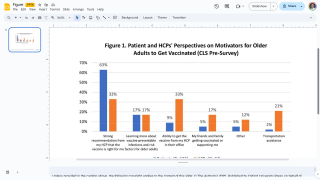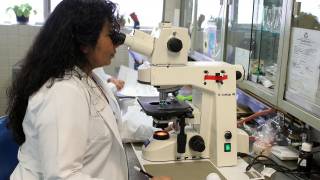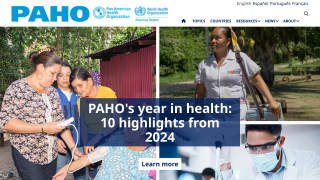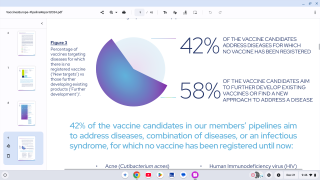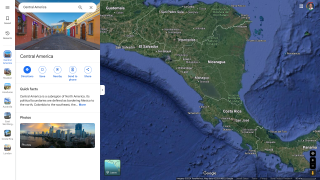Pandemic Preparedness Research Network Launched
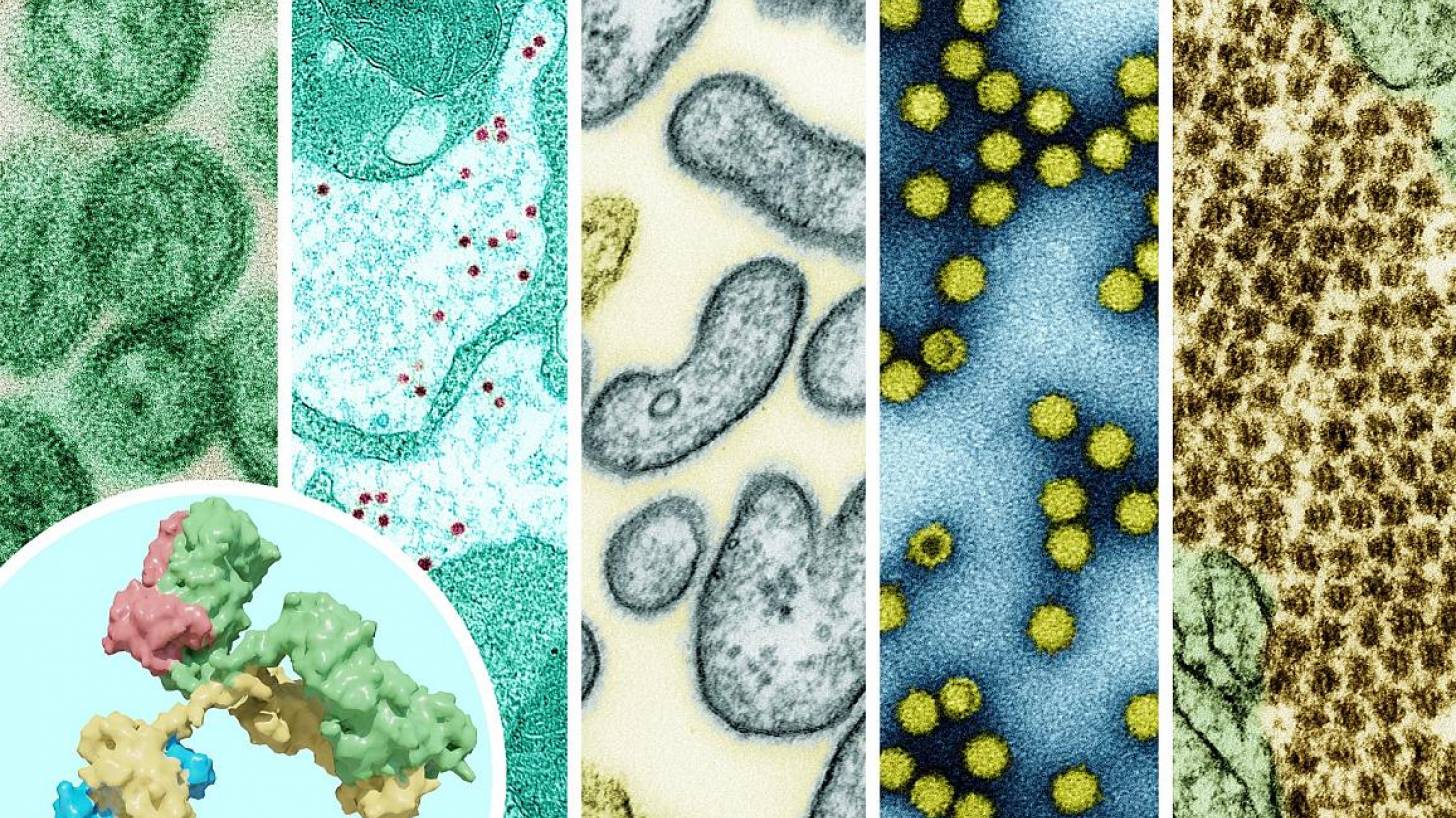
The U.S. National Institutes of Health (NIH) recently established a pandemic preparedness research network to research high-priority pathogens most likely to threaten human health to develop effective vaccines and monoclonal antibodies.
The Research and Development of Vaccines and Monoclonal Antibodies for Pandemic Preparedness network (ReVAMPP) will focus its research efforts on “prototype pathogens,” representative pathogens from virus families known to infect humans, and high-priority pathogens that have the potential to cause deadly diseases.
As of November 19, 2024, many diseases caused by these pathogens have no vaccines or just first-generation products available.
The ReVAMPP network will focus on viruses from families within:
- Crimean Congo Hemorrhagic Fever and Lassa Fever.
- The Flaviviridae family includes viruses that cause dengue and yellow fever.
- The Paramyxoviridae family, which includes viruses that cause measles, mumps, and Nipah-induced encephalitis
- The Picornaviridae family, which includes viruses that cause poliomyelitis, foot-and-mouth disease, and myocarditis
- The Togaviridae family includes viruses that induce Chikungunya, virus-induced arthralgia or encephalitis, and Venezuelan equine encephalitis. As of November 2024, an approved Chikungunya vaccine was available in the U.S.
The ReVAMPP network will focus on research to develop vaccine candidates and monoclonal antibodies, laying the groundwork for a faster and more effective pandemic response should a virus from one of the targeted families emerge as a pandemic threat.
Jeanne M. Marrazzo, M.D., M.P.H., commented in a media release, “The ReVAMPP network will enable researchers to fill key knowledge gaps and identify strategies to develop safe and effective medical countermeasures for targeted virus families before the need becomes critical.”
NIH’s National Institute of Allergy and Infectious Diseases expects to commit approximately $100 million per year to fund the program, pending the availability of funds. The Research Triangle Institute in Durham, North Carolina, will serve as a centralized Coordination and Data Sharing Center and provide support and coordination for the network.
Our Trust Standards: Medical Advisory Committee



